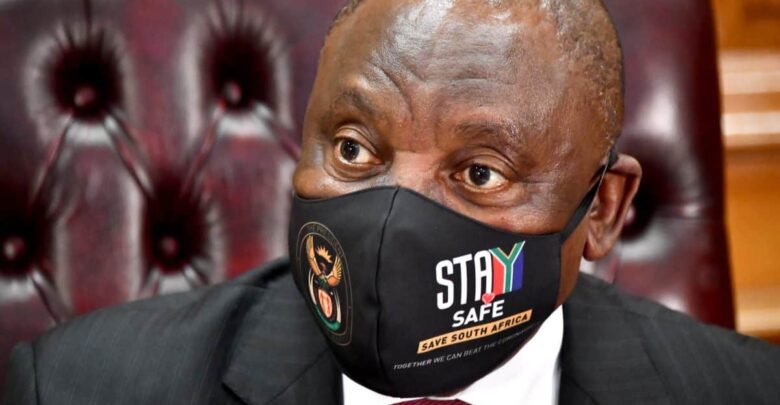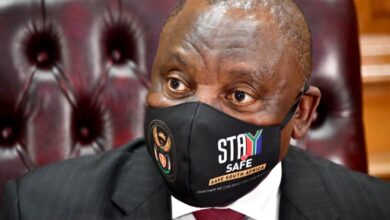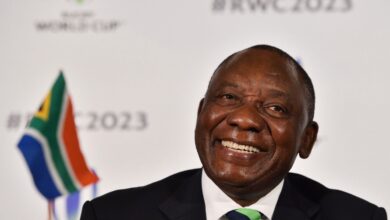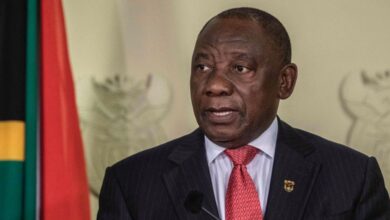South Africa
South African President Warns Of Vaccine Apparthied As Rich Nations Hog Vaccine

South African President Cyril Ramaphosa on Monday said if richer nations continue to hog on coronavirus vaccine doses while hundreds of people die in poor countries then it may lead to vaccine apartheid, reported Reuters.
South Africa and India have filed a proposal with the World Trade Organization (WTO) for a waiver on some intellectual property (IP) rights for vaccines and medicines. The waiver would provide countries with wider access to the technologies needed to manufacture vaccines and medicines. Last week, United States President Joe Biden also supported the waiver proposal, though it may still take months to reach a deal.
In his weekly newsletter, Ramaphosa appealed to the South Africans to support the waiver, saying vaccines should be a “global public good.”
“It is about affirming our commitment to the advancement of equality and human rights, not just in our own country but around the world,” the South African president wrote. “A situation in which the populations of advanced, rich countries are safely inoculated while millions in poorer countries die in the queue would be tantamount to vaccine apartheid.”
According to the World Health Organization, the Sub-Saharan Africa region has inoculated the fewest vaccines relative to its population of any region, with roughly 8 doses per 1,000 people versus doses per 1,000 people globally.
He said that it is about affirming commitment to equality and human rights, not just in his own country but around the globe. He said South Africa was among the five African countries that are able to manufacture vaccines and that there was a need for new capacity to be built.
So far, South Africa has reported over 1.59 million confirmed coronavirus cases including 54,820 deaths, according to John Hopkins University. The country has ordered vaccine doses from Johnson & Johnson and Pfizer enough to boost its slow mass vaccination campaign.






